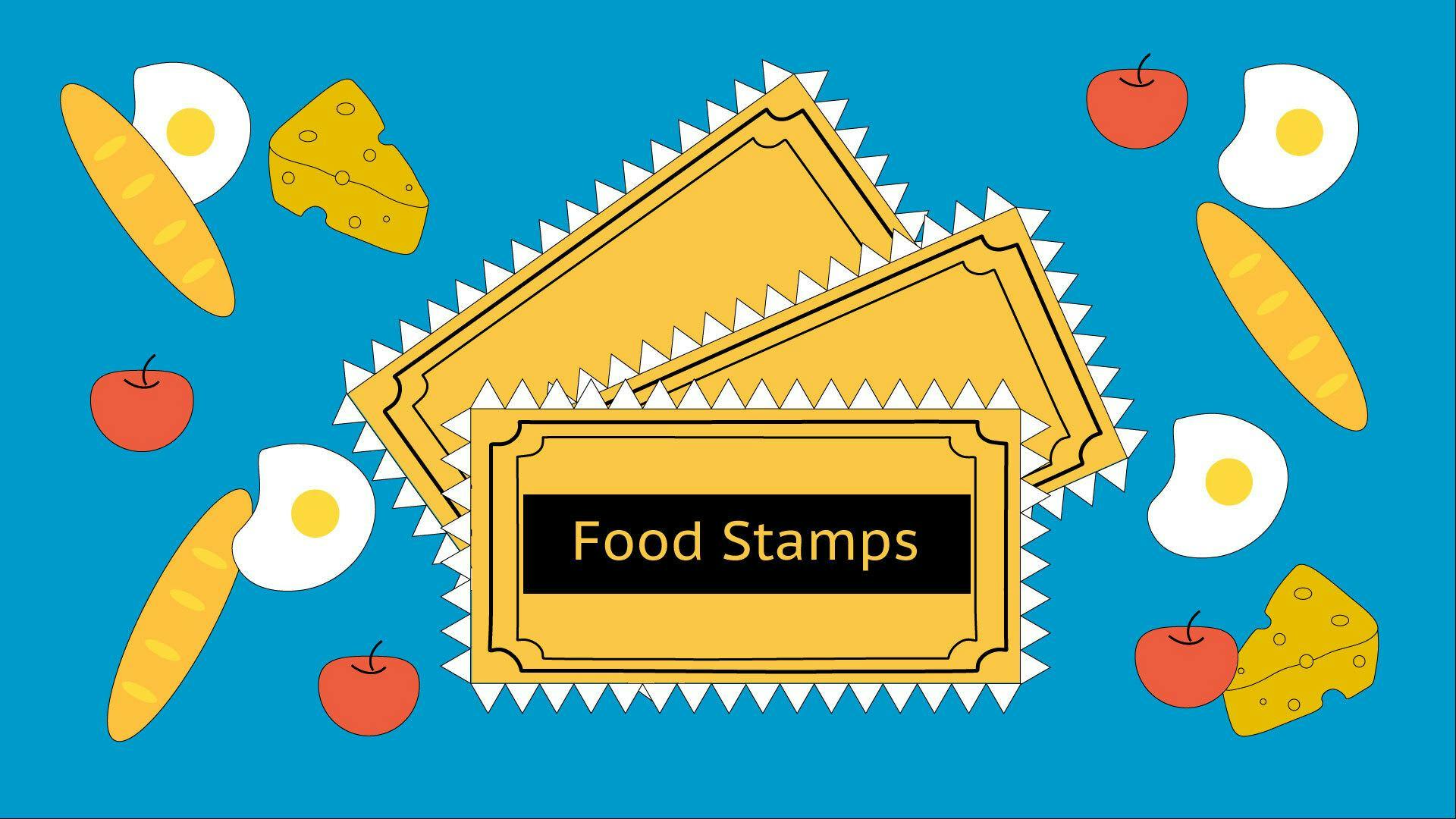Supplemental Nutrition Assistance Program or, SNAP, provides benefits to low-income families to allow for nutritious food that is essential for mental and physical health.
With students usually being on a relatively low budget, SNAP is a sought out resource for students to buy groceries without major financial repercussions.
MSU alumna Julie Fromm, a registered dietitian nutritionist at WIC, a nutrition program for women, infants and children in Wayne County, said, “Students who have limited funds can use those funds for other things like books, tuition, rent, and they can use a nutrition assistance to pay for food, which is one of our basic needs.”
Allowing access to more nutrient dense foods rather than meals such as microwave noodles that are fast and cheap is what Fromm is hoping to provide students with in the SNAP program.
Digital storytelling freshman Ryan Riopelle was able to qualify for one month of SNAP benefits. For that period, he expressed not having to stress over worrying about buying good food.
"It made me not have to worry about coming home and wondering if I'm (going to) eat dinner or if I'd have to go out and ... buy something," Riopelle said.
Director of the Michigan State University or MSU food bank Nicole Edmonds said that it isn’t common for a college student to qualify for SNAP benefits. Edmond said there are a lot of factors that can disqualify a student from receiving SNAP benefits.
One qualification of SNAP benefits is based on household income. If a parent claims their student as a dependent, then the parent's income will be considered and can be a reason for disqualification for many students, said Edmonds.
Riopelle experienced the trouble of qualifying for SNAP benefits by not having a consistent 20 hour per week job, which is one of the requirements for students to qualify for SNAP.
"Even like ... the basic necessities your milk your eggs you bread ... just to make the basic stuff, even that racks up and going into debt," Riopelle said. "It’s just more and more debt that you just keep racking up."
Edmonds talks about how students may not know about the MSU food bank which is a vital resource for students that do not qualify for SNAP benefits. She also discusses how the MSU food bank website breaks down SNAP benefits in a more digestible way for students.
Fromm, Riopelle and Edmonds all agree that SNAP is a resource that can help with people's food security. Edmonds said that the MSU food bank is another supplemental food resource for students.
With SNAP benefits, an individual that qualifies can get most food items besides alcohol or prepared hot food, for example rotisserie chicken. Fromm said a good rule of thumb is that if the item is eligible for sales tax, it is not SNAP eligible.
Working as a supplement, Edmonds said “(the MSU food bank) also provides paper products like paper towel and toilet paper, sometimes cleaning supplies, feminine hygiene products, personal hygiene products, fresh produce, dairy eggs."
"We try to offer a really wide variety of things for people to choose from," Edmonds said.
When talking about how to destigmatize nutrition assistance resources Edmonds, Fromm and Riopelle all had different ideas that lead to the same outlook.
Edmonds said that the most helpful thing is when a student utilizes the MSU food bank and recommends it to their friends. This allows for an open conversation that may seem taboo in society.
Fromm said that an individual should talk to a student themself to not only learn more about the program, but also hear how the student wants to be better supported by these programs.
“I just feel like … it’s just a free resource like going to the library," Riopelle said. "You’re going to go read a book for free, instead of paying for the book to read it.”
Edmonds said, “there's just this outdated notion that ... if you can afford to be at a place like MSU you can afford everything else ... and that’s just not the case anymore. Especially with rising cost of tuition and housing and now inflation.”
Support student media!
Please consider donating to The State News and help fund the future of journalism.
Discussion
Share and discuss “Nutrition assistance is a vital resource for college students, so why is it so hard to qualify?” on social media.







